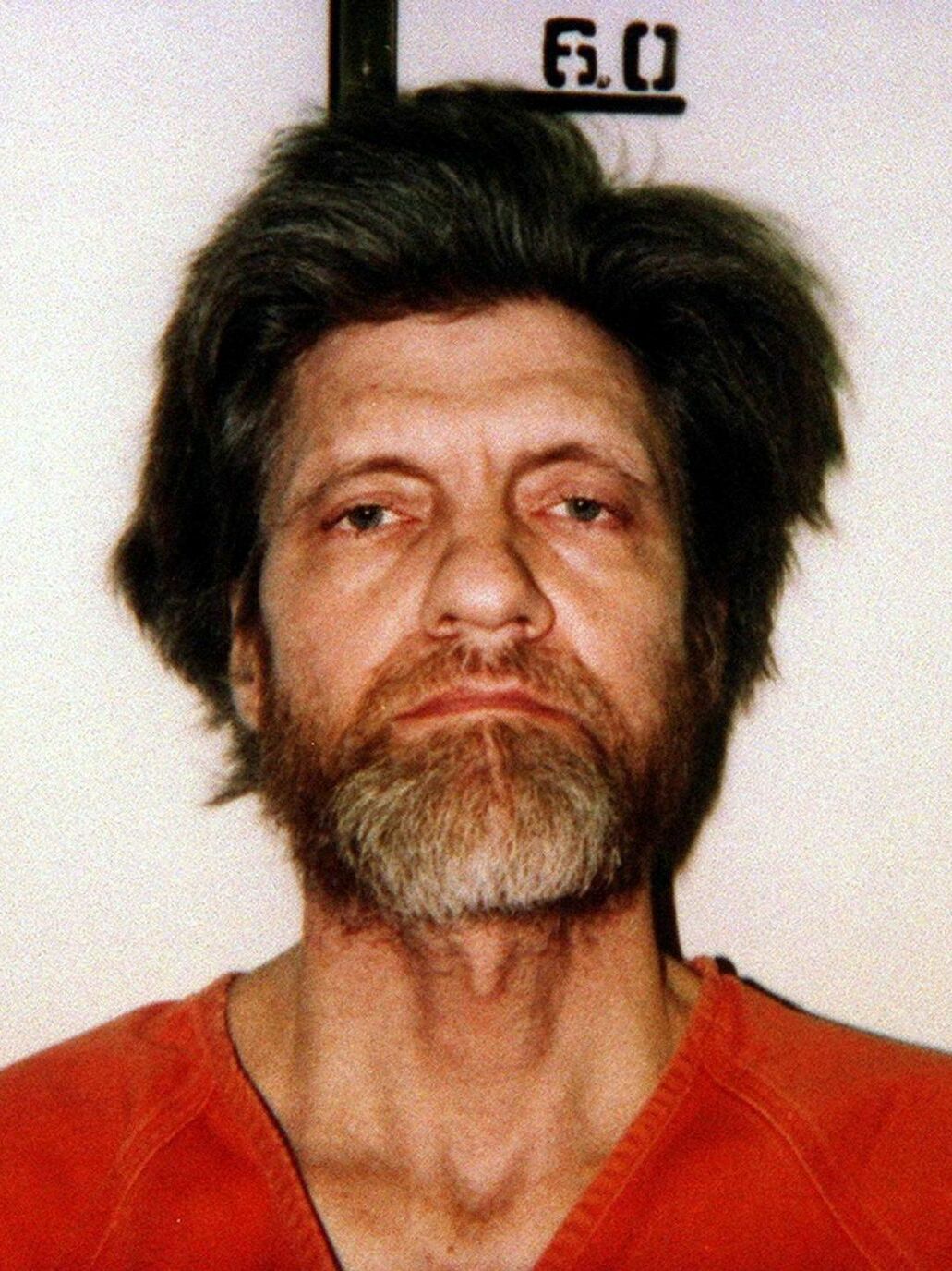He called for a revolution to force the collapse of the worldwide technological system,
[84] and held a life close to nature, in particular primitivist lifestyles, as an ultimate ideal.
[82] Kaczynski's critiques of civilization bore some similarities to
anarcho-primitivism, but he rejected and criticized anarcho-primitivist views.
[85][86][87]
Kaczynski argued that the erosion of human freedom is a natural product of an industrial society because, in his words, "the system has to regulate human behavior closely in order to function", and that reform of the system is impossible.
[88] He said that the system has not yet fully achieved control over all human behavior and is in the midst of a struggle to gain that control. Kaczynski predicted that the system would break down if it cannot achieve significant control, and that it is likely this issue would be decided within the next 40 to 100 years.
[88] He stated that the task of those who oppose industrial society is to promote stress within and upon the society and to propagate an anti-technology ideology, one that offers the counter-ideal of nature. Kaczynski added that a revolution would be possible only when industrial society is sufficiently unstable.
[88]
A significant portion of the document is dedicated to discussing political leftism as a manifestation of related psychological types, with Kaczynski attributing the prevalence and intensity of leftism in society as both a negative symptom of psychological pressures induced by technological conditions as well as an obstacle to the formation of an effective anti-tech revolution.
[88][89] He defined leftists as "mainly
socialists,
collectivists, '
politically correct' types,
feminists,
gay and
disability activists,
animal rights activists and the like".
[90] He believed that over-
socialization and feelings of inferiority are primary drivers of leftism,
[82] and derided it as "one of the most widespread manifestations of the craziness of our world".
[90] Kaczynski added that the type of movement he envisioned must be anti-leftist and refrain from collaboration with leftists as, in his view, "leftism is in the long run inconsistent with wild nature, with human freedom and with the elimination of modern technology".
[80]
Although Kaczynski and his manifesto has been embraced by ecofascists,
[91] he rejected fascism,
[92] including those whom he referred to as "the 'ecofascists'", describing ecofascism as "an aberrant branch of leftism".
[93][94]In "Ecofascism: An Aberrant Branch of Leftism", he wrote: "The true anti-tech movement rejects every form of racism or ethnocentrism. This has nothing to do with '
tolerance,' 'diversity,' '
pluralism,' '
multiculturalism,' 'equality,' or '
social justice.' The rejection of racism and
ethnocentrism is – purely and simply – a cardinal point of strategy."
[93] Kaczynski wrote that he considered fascism a "kook ideology" and Nazism as "evil".
[92] Kaczynski never tried to align himself with the far-right at any point before or after his arrest.
[92] He also criticized
conservatives, describing them as "fools who whine about the decay of traditional values, yet... enthusiastically support technological progress and economic growth"—things he argues have led to this decay.
[90]





















